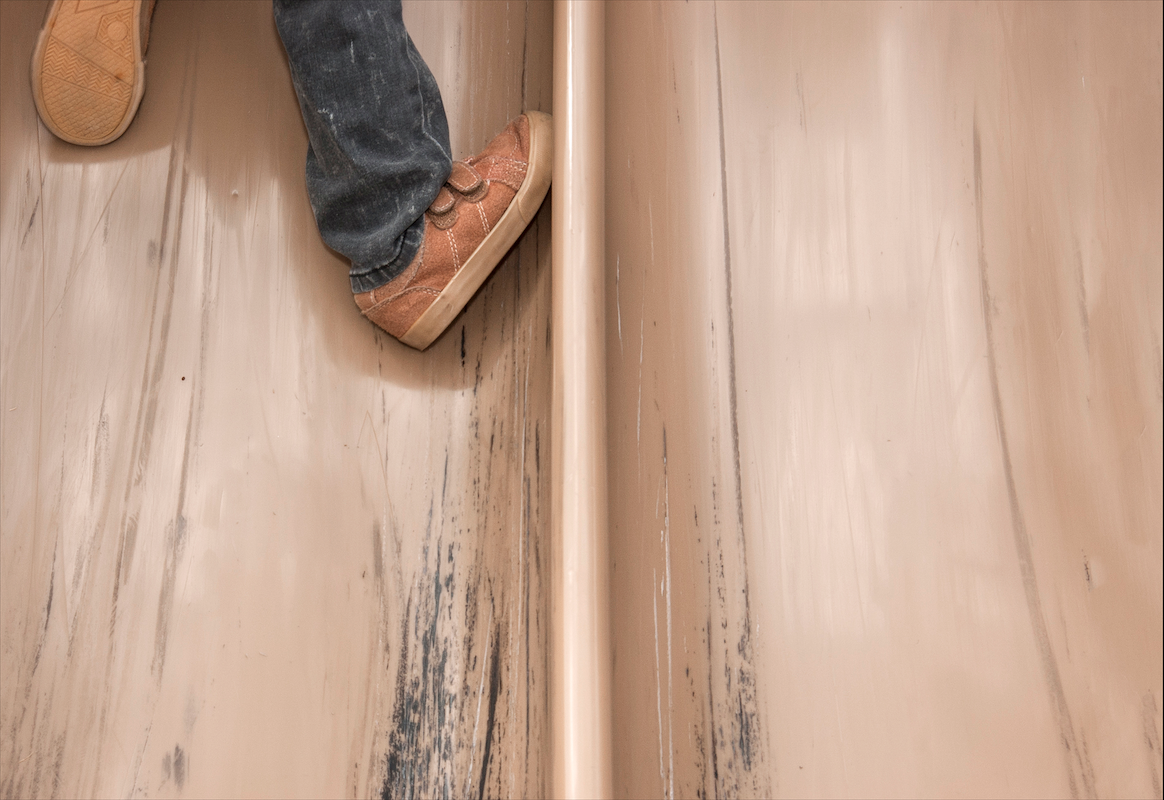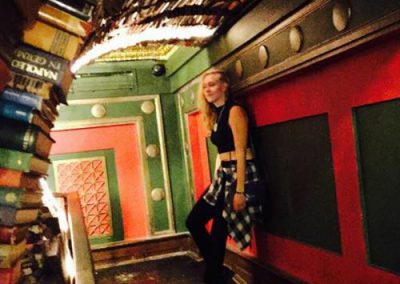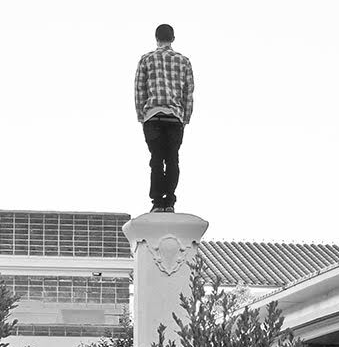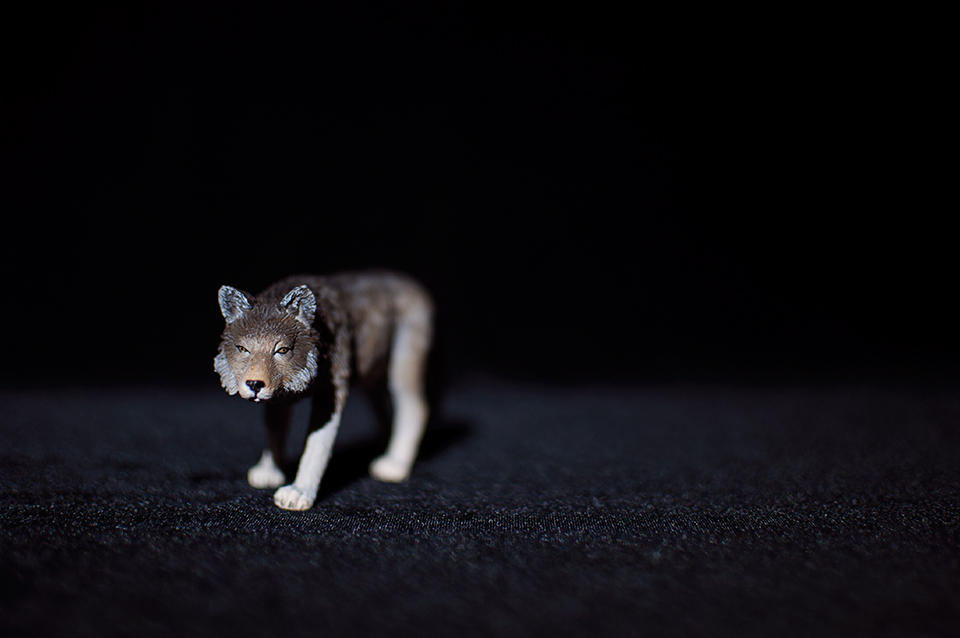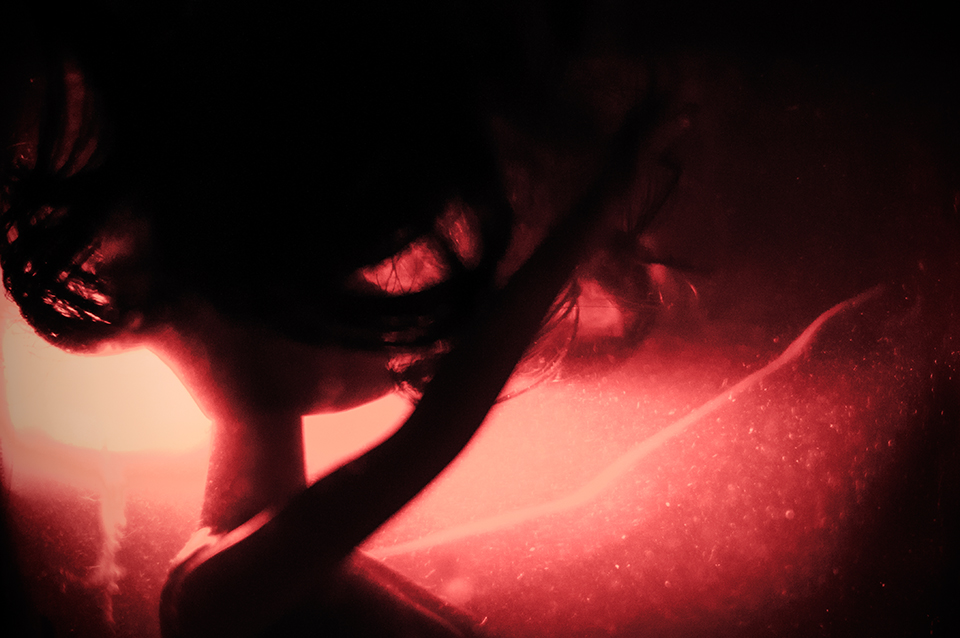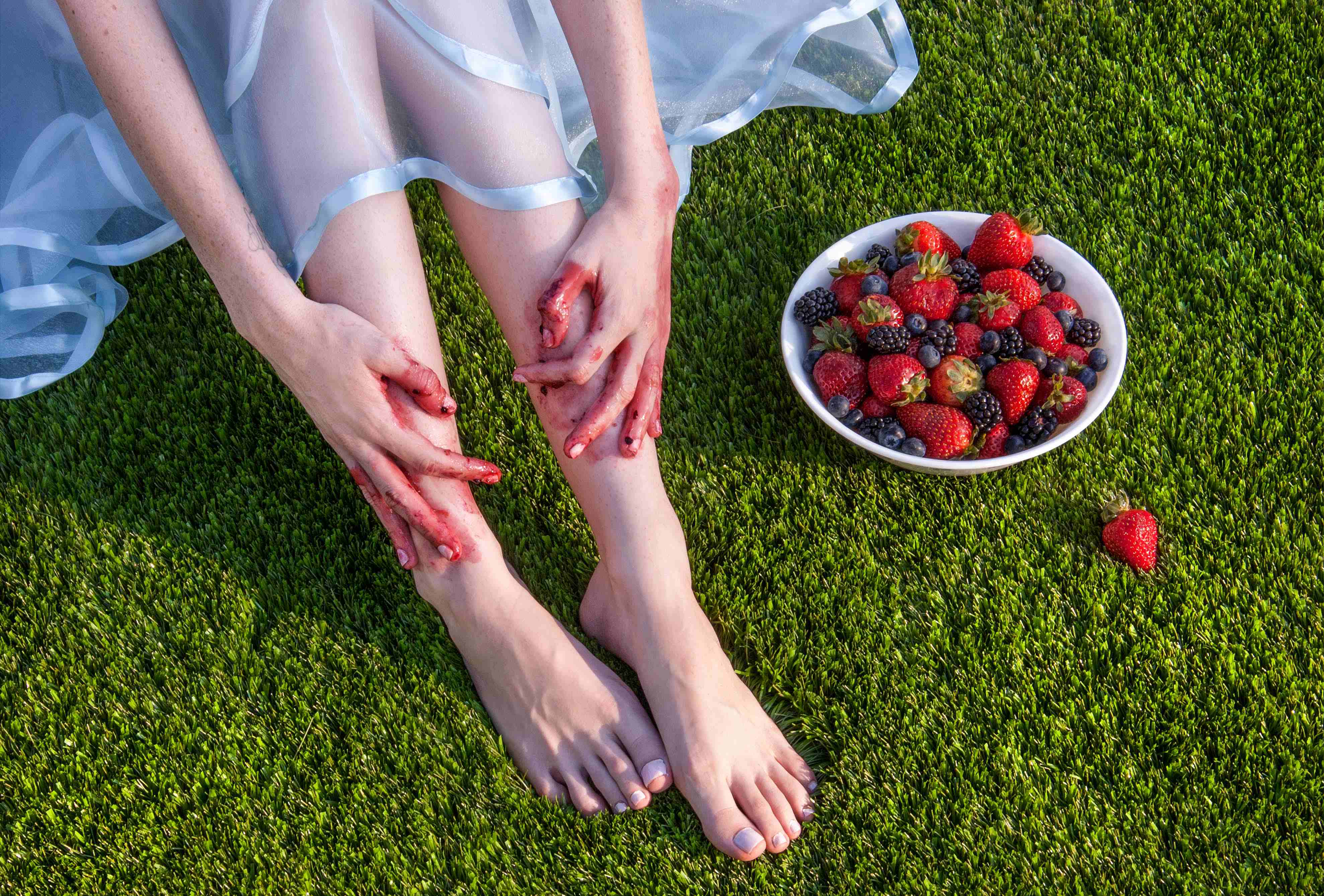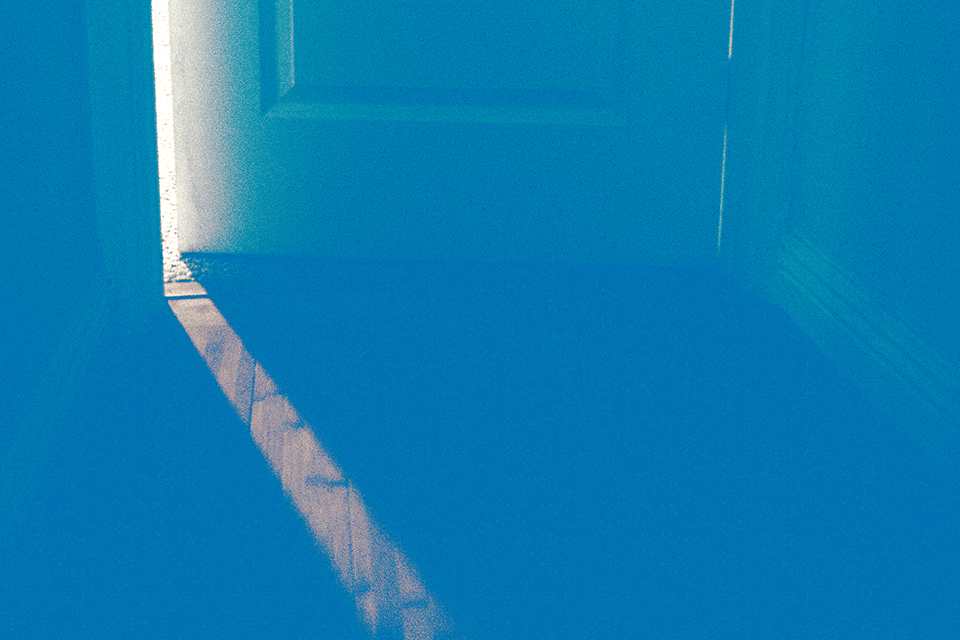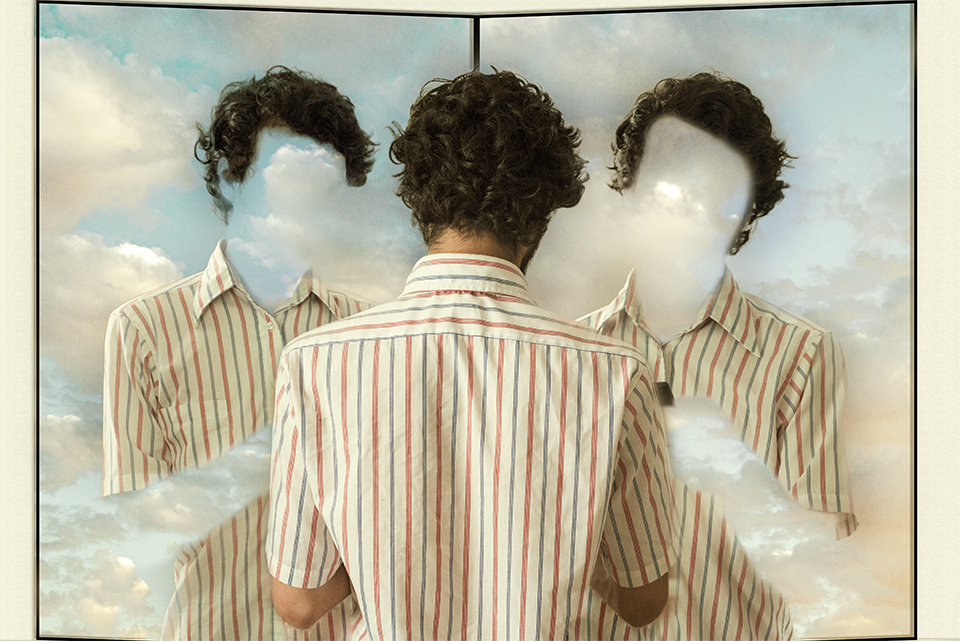Hungry
He stood amid the woodchips and checked his watch, noticing how the squeak of the swings was almost in sync with the movement of the second hand.
He told himself he should be enjoying this moment with Taylor, that it wasn’t every day he got to take his son to the park, but he knew there was no point in lying to himself. He hadn’t expected to have the boy today, and he hadn’t planned on a trip to the park. But he’d needed to run an errand before LeeAnn came back for Taylor, and then there’d been a broken traffic light and he’d cut through a neighborhood he wasn’t familiar with to avoid the line of cars waiting to get through the traffic jam. When Taylor had spotted the park, the begging had started.
“Fifteen minutes,” Nathan had said, reluctantly.
Only ten had passed, but it had seemed like a hundred.
The park was empty, and the day was gloomy. A mist hung just above the ground, and dew dripped from the leafless tree branches and graffiti-scarred safety rails on the play equipment.
“Okay, buddy,” he said now. “We need to go. Mommy’s gonna be at my house in a couple minutes.”
Taylor dug his heels into the woodchips to stop himself. “I wanna go on the slide,” he said.
“You already did,” his father answered.
“No! The big one!” He stood, pointing triumphantly up to the highest slide on the nearby apparatus, a twisting tube that started at the top of a steep stairway higher than anything Taylor had ever ventured onto.
“That one? It’s too big.”
“No it’s not. Mommy lets me.”
“Here?”
“At the park by our house.”
The four-year-old said it like the house he shared with his mother was the only proper house there was, and that the park near it must therefore be the best park in the world by default.
“I don’t think so. We need to go.”
“You said fifteen minutes!”
“It’s been fifteen minutes,” Nathan lied.
“No it hasn’t!”
Nathan almost lost his temper but reigned in his anger with an effort.
“Go then,” he said, not doing a very good job of hiding his irritation. He pictured himself climbing the steep ladder in another minute to rescue his son, tears on the boy’s cheeks and his shirt lifting up to expose his stomach to the cold air as he was carried back to the ground and then, screaming, to the car.
Taylor had no such misgivings and didn’t seem to pick up on his father’s irritability. He ran across the playground, woodchips kicked up by his heels as he went. Between the swings and the slide, he picked up the ball he’d brought in the car and scampered up the first stairway, its green paint chipped and faded.
Nathan watched impatiently as the boy negotiated the stairs, then the bridge to the giant tic-tac-toe game and then up another set of stairs to pause before the mid-range slide.
“Just do that one,” he said.
“The big one!” Taylor insisted.
“Go on, then. But hurry up!”
Taylor climbed, and Nathan watched.
When the boy got to the top, Nathan had to step back from the slide to be able to see him on the little platform before the tube’s opening.
“Go ahead,” he said.
“There’s writing on it!” Taylor called down.
“So?”
“I’ll spell it for you.”
“You don’t need to,” Nathan said.
“Please?”
Nathan sighed. The day was never going to end, he told himself. “Okay.”
“D,” the boy began, and Nathan felt relieved that the first letter hadn’t been an F.
“O,” Taylor continued. “What’s the one that’s not M?”
“N?”
“Yeah, N. T. G. O. H. U. N.G. R. Y. That’s it!”
“It spells don’t go hungry.”
“What’s that mean?”
“I don’t know,” Nathan said. “Just something stupid. Probably words to a song.”
He had no idea why someone would choose “don’t go hungry” as the subject for graffiti, but there it was.
“Just go, okay?”
“I’m scared,” Taylor said.
Here we go, Nathan thought. “Okay,” he said. “Come down then.”
“I want to go down the slide!”
“Then go!”
He waited. Nothing happened.
“Count to three,” Taylor finally called down.
“Jesus,” Nathan whispered. Then he took a deep breath and called out, “One, two, three. Now go.”
“Okay.”
The boy sounded tremulous, but he went. Nathan saw the little, hunched shape of his son disappear from the part of the platform he could see from the ground.
Finally, he thought.
And then he heard a little scream, not much more than a surprised gasp from inside the plastic tube.
He waited. It hadn’t exactly sounded like a scream of joy.
“Taylor?” he called.
Then he got down on his knees in front of the opening of the slide where the boy should have appeared by now. Only warm air came out. It smelled bad, at once reminding him of garbage, or feet, or spoiled milk—maybe all three at once.
“Taylor?” he called again. “Are you stuck?”
No reply.
“Taylor! I swear to God if you found a way to stop yourself in there and you’re trying to trick me…you’ll be sorry! You hear me?” He shouted this last bit, exasperated.
Then there was a little vibration in the slide, and Taylor’s inflatable ball bounced down the spiral tube, falling from the opening at Nathan’s feet. He picked it up. It still had air in it, but it was going flat. He turned the ball over to find a row of cuts in the rubber, like someone had scored it with razor blades.
There was something sharp in there, he realized. And that little scream he’d heard from his son…
“Taylor!” he called again, concerned now, not angry any more. He stuck his head and shoulders into the opening, trying to look around the upward spiral for any sign of the boy. All was green, and the fetid smell made him gag.
He stood, nearly panicking. He looked around, but the park that had been empty since their arrival was empty still. Not even the trees seemed really to be there, and there were no birds chirping, no squirrels darting from tree to tree, nothing.
Nathan bolted up the steps of the play gym and bounded across the suspension bridge his son had crossed just minutes before. Then he was up the first stairway and the second, barely missing hitting his head on one of the roofs that would have provided shelter from the sun if the sky hadn’t been a ceiling of gray clouds.
At the top of the highest platform, he saw the opening to the slide, and there he stopped. The letters Taylor had read out to him were written in thick black lines from a heavy-duty marker. But it wasn’t just graffiti that someone had marked the slide with. There were also jagged lines at the top and bottom of the opening, little triangles at the sides that grew into bigger ones near the top of the circle. They made the top of the slide look like a mouth with a row of sharp teeth all around it.
Someone had drawn teeth and written “Don’t Go Hungry” on the green plastic above and below the opening to the slide.
And as he squatted before the opening, Nathan saw that there was a period after “Go.”
Don’t Go. Hungry.
It wasn’t a command not to go hungry.
It was a warning.
He stood up on the platform and scanned the park again. No one.
“Taylor?” he called once more, stooping to yell as loudly as he could into the mouth at the top of the slide.
No reply, just a movement of warm air against his face—warm air on a cold, wet day. He couldn’t help thinking that the slide was…breathing.
He thought of the deflating ball down among the wood chips and the holes through which the air had escaped. Like toothmarks. Like the ball had been bitten and spat out. But not Taylor.
He pulled out his cell phone to dial 911, trying to reassure himself that the boy was just stuck. He needed the fire department, someone who could cut into the slide and pull Taylor out.
But the phone was dead. He tried turning it on. Nothing. Confused, he just stared at the phone; it hadn’t been dead when he and Taylor had left his house, but now…
“Taylor?” he called again. There was no reply, no sound from inside the slide.
Telling himself the boy was just stuck and scared, too terrified to answer his father’s calls, Nathan squatted before the opening.
“Don’t Go,” the graffiti told him.
There was nothing else for it. He’d slide his way in as far as he could, gather up his son and either climb back to the platform or scoot the rest of the way to the ground with the boy in his arms. Another rush of warm air came up from the opening to hit him in the face. He turned his head from the stench of it and took a deep breath, sighting his car all alone on the cracked asphalt of the little parking lot.
For just a second, he pictured himself going back down the stairs, getting into his car, and driving away, knowing there’d be no way to explain away his son’s loss but knowing that the terrible consequences of abandoning the boy would be somehow less terrible than facing whatever had punctured Taylor’s ball inside the slide. He sensed in that second that if he drove away from this park, he’d never be able to find it again, that the police wouldn’t be able to find it either. It existed on no maps of the city, wasn’t maintained by city workers. It was only here when people stumbled upon it, could only be found by people who were already a little bit lost. Some probably left it again, unharmed. Not everyone, though.
Pushing the thought of escape aside, he peered into the dark green tube once more. “I’m coming, Taylor,” he said, knowing the words were more for his own benefit than his son’s. Then he slipped into the mouth of the slide and was gone.
Across the park, leafless branches moved in the faint breeze and the swings stirred on their rusty chains. The wood chips at the bottom of the slide remained undisturbed. The silence of the place, disrupted as it had been by the boy and his father, now returned with heavy finality.
Writer: Richard Levesque has spent the last several years teaching composition and literature, including science fiction, as part of the English Department at Fullerton College. His first book, Take Back Tomorrow, was published in 2012, and he has followed it with other science fiction and urban fantasy novels, novellas, and short stories. When not writing or grading papers, he works on his collection of old science fiction pulps and spends time with his wife and daughter.
Artist: Jess Johnson is a multi-disciplined artist and graphic designer enthusiastic about adding photography to her creative palette. She also runs a design studio in Fullerton where she passionately pursues artistic projects.
